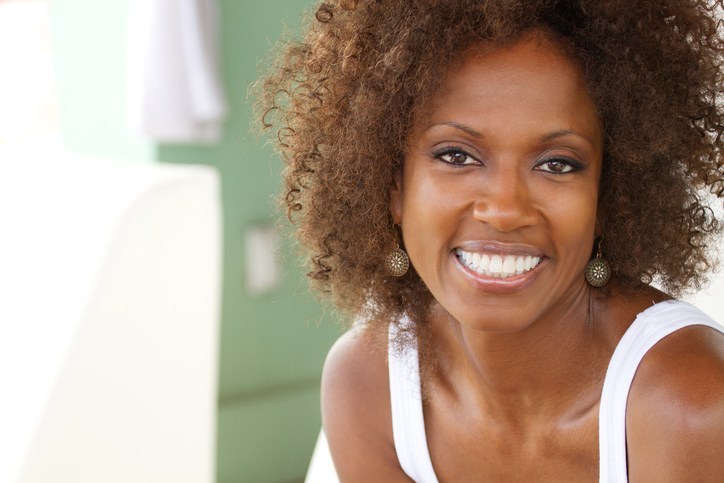No. Don’t ignore this because you think you don’t have any bad habits for we all have bad habits. No matter how much we fail to acknowledge them.
It doesn’t mean we shouldn’t make efforts to adjust and stop these bad habits especially as the long-term effects the have on us are unpleasant.
Whether you can’t keep your gaze off your phone screen or you can’t help but have a little extra midnight snack, here are seven unhealthy habits that make you feel not so great and helpful tips to correct them.
1. Not getting enough sleep.
If you struggle to get out of bed in the morning and if you constantly wake up tired, it is all the sign you need to know you are not getting adequate sleep hours and apparently, it isn’t doing you any good.
Lack of adequate sleep can affect a whole heap of things, making you moody, irritable and stressed. It can also mess with your ability to learn and retain information. That isn’t good for your well-being.
According to a Harvard Medical Study, “Most experts have concluded that getting enough high-quality sleep may be as important to health and wellbeing as nutrition and exercise.
Sleep is not only crucial for keeping your mind fresh and performing optimally, but it’s also a pivotal factor in maintaining a healthy weight.
So, if you are one of those who binge watches a whole season of a Netflix show in one sitting, you can prioritize your sleep time by setting an alarm on your phone and actually go to bed when the alarm goes off.
Doing this will help you set a regular sleep routine and develop good sleeping habit, in the long run.
2. Scrolling on your phone until 1am.
Don’t roll your eyes yet, we are all guilty of this.
This is tied to the inadequate sleep mentioned above. Now, while lying in bed seems like the perfect time to perform deep dive into the life of a complete stranger who lives across the other side of the world, thanks to the internet, your late night screen time could be jeopardising your health.
Not only can a lengthy exposure to blue light damage your eyes, it can seriously interfere with your sleep. That’s because blue light messes with the production of melatonin – a hormone that regulates the body’s sleep cycle.
If you spend ages scrolling through your phone, you’re likely to experience more sleepless nights and fatigue. You know, pretty much everything we discussed above, but it can also lead to a variety of other health issues like anxiety and depression.
I’m sure you wouldn’t want that.
3. Snacking right before bed.
I’m not here to tell you it is inappropriate to have those delicious snacks. But you can try to not eat too much of it before jumping right into bed at night.
The digestive process can interfere with your sleep quality because eating just before bed also increases the likelihood of reflux and indigestion, as your gastric juices are being secreted to breakdown food whilst you are lying down, which gives them far greater opportunity to make their way back up your oesophagus and into your throat.
Terrifying right?
4. Exercising so you can eat whatever you want.
You remember when you hit your fitness goal and decided to reward yourself with your favourite junks? Because after every fitness goal smashed, a cheat meal isn’t a bad idea right?
First, know that only exercise will not make up for a poor diet.
Not only is gorging post-workout wrecking havoc on your fitness game, but this frame of mind can really mess up your relationship with food. Because having the mindset that you have to ‘earn’ food is really unhealthy. Food is not a reward.
You can’t expect exercise alone to make you super fit. Focus on fuelling your body with the right foods that will help you power through your workouts.
5. Viewing food as ‘good’ or ‘bad’.
When you start labelling foods as ‘good’ or ‘bad’, not only are you officially stripping all the joy out of eating, but it might be one of the worst things you can do for your health.
No shame – we all do it, but we’re here to tell you to stop.
So, let’s get this out of the way first: all food is inherently neutral. There is no such thing as ‘good’ food or ‘bad’ food. Okay?
Eating a burger and chips one night isn’t going to give you diabetes or heart disease. It’s more about your overall eating patterns.
The deeper harm in restricting yourself from foods is that when you do have a ‘cheat meal’ or a ‘bad day’, you’ll usually end up feeling guilty and shameful.
Instead of policing all of your food choices, try to get rid of the emotional attachment and start listening to your body – eat what you want in moderation. By doing this we guarantee healthy foods will taste even better, and you’ll stop feeling like a failure over enjoying foods that are good, overall.



